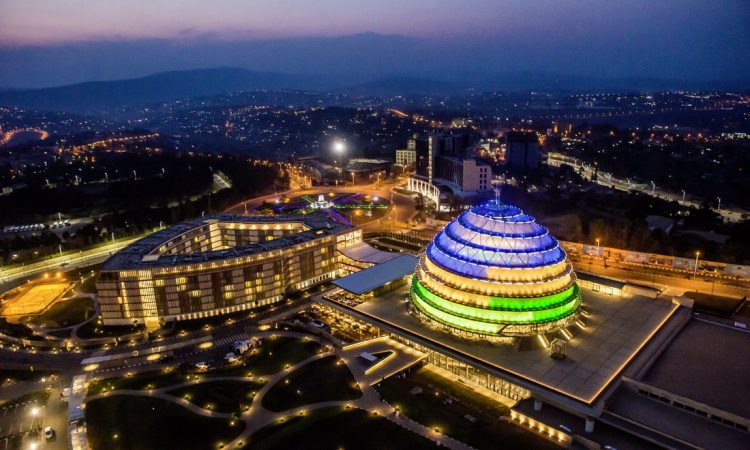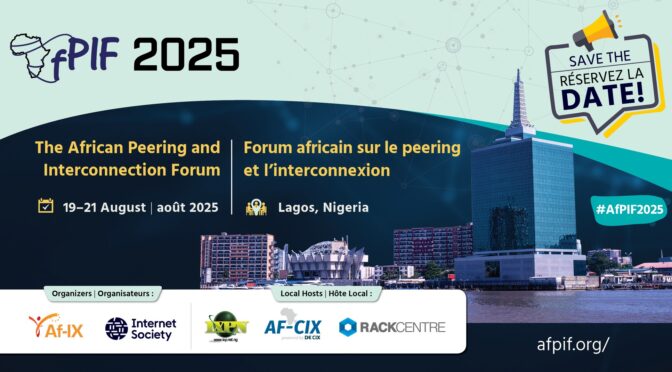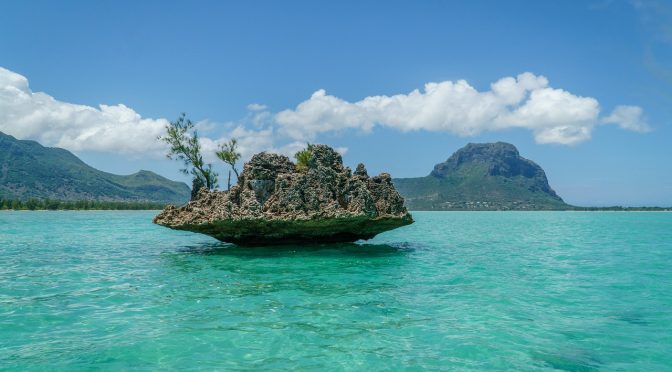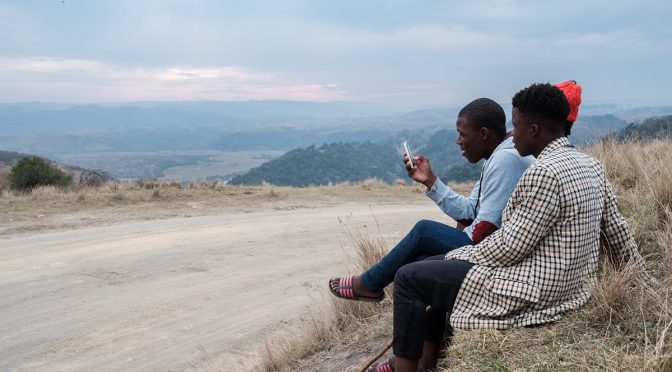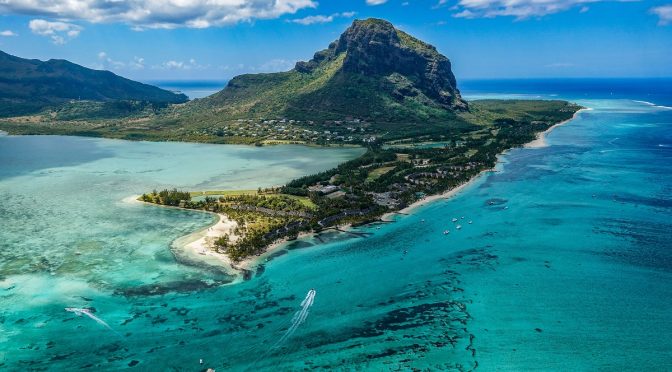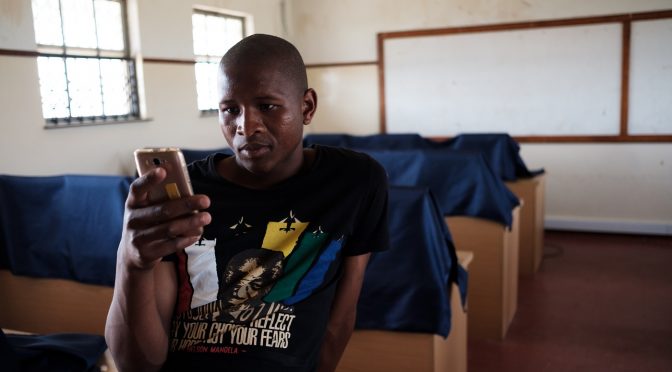Key to being a new-age telco is listening
to what customers are saying. Worldwide, we are functioning in an age where
customers are increasingly knowledgeable around technology and connectivity,
with people in touch with what they need and want, which includes superior
customer service. Despite its pivotal role in the Fourth Industrial Revolution,
the connectivity sphere is no different from any other business sector when it
comes to profitability challenges and a hyper-competitive environment. Yet, as
with any industry, engaging with customers, listening and orientating business
decisions towards their empowerment, returns dividends for all parties.
As one of the leading private telcos
operating on the African continent, SEACOM has adopted this approach to better
serve local business customers with an appetite for high-quality connectivity –
and the emerging technologies that hinge on it.
The African context
There’s no question that Africa is playing
catch-up in the arena of telecoms, with longstanding infrastructure barriers to
overcome, along with government attitudes that have been slow to warm to sector
privatisation. That has changed, though, over the past decade or so, with
governments in countries like Kenya, South Africa and Ethiopia prioritising ICT
development and access to broadband Internet as a key enabler of socio-economic
upliftment for their nations.
With such positive developments and
receptiveness to private investment, telcos are operating in a local
environment rich in opportunity. As a result, providers’ strategy and moves regarding
their own growth and investment decisions, can tap into this enthusiasm. Even
better is to have measures in place already to meet demand as it emerges.
Cloud comes to the continent, with localised providers
For example, on 6 March this year, enterprise-grade Microsoft data
centres finally launched in Johannesburg and Cape Town as Africa’s first Azure
cloud regions. With media reports citing AWS plans for similar South African facilities
in the first half of 2020, SEACOM took preparatory steps by expanding its national
and continental footprint so that businesses in South Africa, and elsewhere on
the continent, could enjoy the benefits of access to leading public cloud
providers that now have local physical presences.
This
“setting up shop” in Africa, of course, has helped to mitigate the security, territorial,
latency and general compliance concerns that discouraged cloud adoption in the
region in the past. And even for African businesses outside South Africa,
connecting to data centres on the continent will still be faster and provide a
more seamless experience than relying on computing power that is generated half
a world away.
Connectivity expanding beyond metros
In a move that reflects the general trend in African telecoms towards the
consolidation of fibre assets, SEACOM acquired South African connectivity
provider FibreCo Telecommunications towards the end of
2018. FibreCo owned and operated a national open access dark fibre network
which ran along South Africa’s highest-traffic transmission routes and connected
over 60 points of presence across the country, including key data centres. The acquisition
therefore further enabled SEACOM to scale and upgrade its “African Ring” by
connecting its East and West coast submarine assets with a robust network of
trans-South African fibre.
The result is an end-to-end
fibre that connects the SEACOM subsea cable system (which runs along the east
coast of Africa and lands in Mtunzini, on the east coast of South Africa) to
the WACS cable (which falls at Yzerfontein, on the west coast of the country).
This ensures fully redundant high-speed ring protection around the African
continent – a benefit that SEACOM can pass on to African business customers
demanding standard-setting reliability no matter what.
For the record, SEACOM is the only African
carrier to cover all five of the largest exchange points in Europe (London,
Frankfort, Stockholm, Amsterdam and Marseille), in addition to Mumbai.
A further point to note is that with
providers starting to look beyond saturated metros for new markets, lighting up
additional fibre across South Africa also creates a platform to deliver
affordable, high-speed Internet connectivity and cloud services to
traditionally-underserved mid-tier cities and towns along the new routes. This
is as true for home users as business customers, and the trend is set to
reflect across Africa, with fibre rollout naturally progressing from main
centres to secondary cities, and then on to more remote areas as investors make
back their initial outlay.
Infrastructure improving across Africa
SEACOM’s system upgrades are not confined
to South Africa either. In the greater African region, SEACOM has added seven other PoPs
to enable more African businesses to connect to cloud facilities worldwide, as
well as to the new continent-based Microsoft Azure data centres, and their
soon-to-debut equivalents from other major cloud providers. The move has been
accompanied by an upgrade of backhaul to include additional separate and
resilient routes.
In preparation for higher demand and expanded services to business customers
in the region, SEACOM has plans for new open-access PoPs coming to Nairobi,
Kenya and Kampala, Uganda. These will provide a direct on-ramp to the SEACOM
network. Before that, though, SEACOM has extended its presence in the brand-new
icolo data centre in Mombasa, which offers both IP/MPLS and transmission
services.
The significance of the full-service Mombasa PoP for the telecoms
industry is that it is Kenya’s first open-access data centre. Rare in the region,
in comparison to operator-owned data centres, this carrier-neutral facility (in
addition to the impending Nairobi and Kampala centres) encourages competition
in the local ICT sphere, helping to increase cloud-based service offerings for
customers while driving down costs.
Convenience is king
As we’re seeing, strengthening regional
systems is necessary for the evolution of the market at a technical level,
particularly with the increased demand for data owing to the growth in
fibre-based connectivity and emergence of technologies such as 5G.
However, strategic decisions around network
expansion also provide a better experience for customers, from services to
support. And the importance of convenience and flexibility for customers can
never be understated. One case of this is digitally-enabled and automated self-service,
providing customers with the power to manage their account at a time and
location convenient to them.
A further example of convenience that
pleases the customer is a diversity of services from the same provider, turning
them into a one-stop-shop for all their solution requirements – from
connectivity to cloud. There will always be a space for specialist providers of
all manner of services, but right now organisations in Africa, from SMEs right
up to large multi-national corporates, place value in any ICT company that simplifies
their cloud migration. For example, SEACOM’s PoPs are key to its direct access
offerings, which bypass the public Internet in connecting company networks to digital
business solutions, whether stemming from data centres in Africa, or cloud
providers located in Europe.
SEACOM’s
subsea cable system, which connects East Africa to South Africa, Europe and
Asia, offers a fibre express route that carries terabytes of
capacity, with speeds ranging from 50 Mbps to 100 Gbps.
Forgetting for a second the global cloud providers, the opportunity for
African businesses to leverage dedicated enterprise-standard services to
connect directly and reliably to the local data centres will enable more
companies on the continent to embrace the cloud in a compliant manner, and
enhance their digital transformation. In addition to laying the foundation for
explorations of artificial intelligence and edge computing in years to come – enabled
by the elimination of lag inherent to long-distance data transfer – in the near
future, locally-delivered Azure cloud services will be joined by popular everyday
business tools like Office 365 and Dynamics 365.
New-age business is customer first, always
New-age business is at its core about
putting customers first, and making every decision by considering their needs.
When that comes to telcos, that may even mean partnering with competitors in
the development of a new product or system, if necessary. Furthermore, for ICT
companies promising greater fluidity in operations for their customers, pace-slowing
rigidity is to be avoided in their operations at all costs. Customer experience
should always be as easy and enjoyable as possible instead of introducing
resistance.
Investment and development of systems in
the region should similarly be orientated towards the business user. On one
level, such a future-minded, outward-looking approach helps to position SEACOM
and other telcos as a partner to businesses across Africa, by thoroughly
equipping them for competitive performance in the Fourth Industrial Revolution.
However, aside from reputational (and hopefully profit!) advantages for the
telecoms industry, there are more far-reaching repercussions too.
Access to faster
and more powerful processing on the African continent supports the development
of African solutions, and reliable fibre-driven connectivity allows these
homegrown solutions to reach markets worldwide. This way, African businesses
are gaining access to new opportunities and appear as substantial social and
economic contributors at a global level, shattering negative perceptions of the
continent. It’s a fundamental shift that advances in connectivity systems in
the region are making a reality.
About SEACOM
SEACOM
launched Africa’s first broadband submarine cable system along the continent’s
Eastern and Southern coasts in 2009.
Today
SEACOM is the preferred partner for African businesses, network carriers, and
service providers.
Through
its ownership of Africa’s most extensive ICT data infrastructure – including
multiple subsea cables and a resilient, continent-wide IP-MPLS network – SEACOM
provides a full suite of flexible, scalable and high-quality communications and
cloud solutions that enable the growth of the continent’s economy.
SEACOM
is privately owned and operated, allowing the company the agility to rapidly
tailor-make and deploy new services, commercial models, and infrastructure in
response to customer requirements. Without the red tape or hidden costs often
prevalent in this industry.
For more information, visit www.seacom.co.za
Media Relations
Shannon Barnard
Account Manager for SEACOM at Clockwork Media (Johannesburg, South Africa)
Clockwork Media |Shannon.barnard@clockworkmedia.co.za |+27 11 463 0366 |
Image credit: Internet Society / Nyani Quarmyne / Panos Pictures
